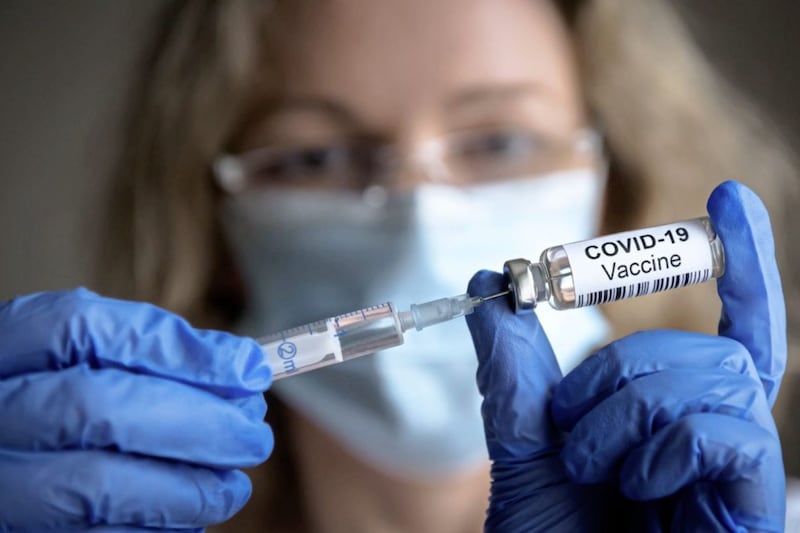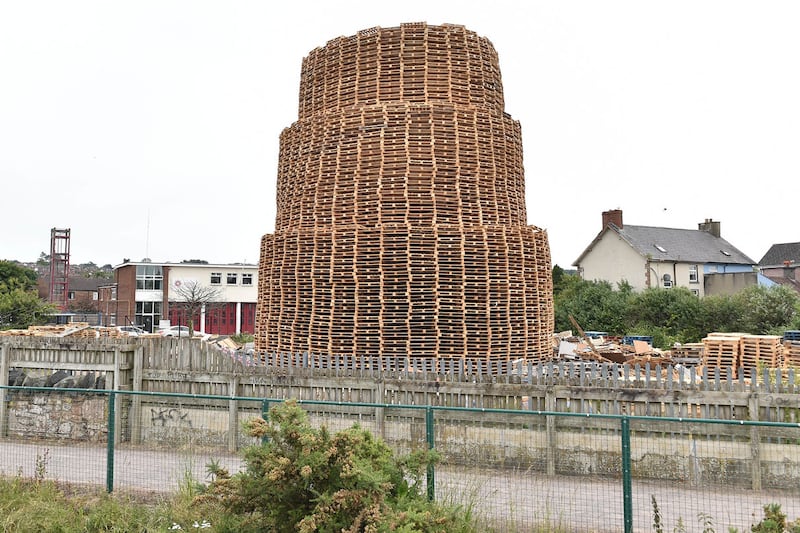THE Stormont Health committee chair has said it is "deeply concerning" that inequalities are developing in accessing autism services - with parents paying for private assessments due to waiting lists.
In a special report in yesterday's Irish News, it was revealed that almost 5,000 children across Northern Ireland are facing delays for diagnoses, with some waiting more than two years to be seen.
All five of the north's health trusts are now accepting private diagnoses, which means these young patients can receive vital support much sooner than those on the NHS lists.
Sinn Féin's Colm Gildernew also pointed to the stark differences in waiting times - with children living in the Belfast, Northern and Western areas worst hit.
One GP said many parents were driven by "desperation" to seek private consultations - which cost between £1,200 and £1,400 - after NHS face-to-face clinics shut during last spring's first lockdown.
Mr Gildnernew said: "It is deeply concerning that a postcode and financial inequality appears to be developing for autism services. Families, carers and the community and voluntary sector organisations are at breaking point to provide services that should be delivered by trusts.
"Not only are there different diagnosis rates between trusts but also the pressure many families are facing with going private to get a timely diagnosis.
"Health minister Robin Swann recently expressed concern that waiting lists, including those for an autism diagnosis and services, risk undermining the essential ethos of universal care, free at the point of access.
"It is vital that work on developing a longer-term autism strategy is progressed urgently in partnership with those with autism, families and carers, and the community and voluntary sector organisations."
When asked by The Irish News to respond to concerns about the impact of a two-tier system on poorer families, Mr Swann said he was "aware of the backlog" for autism assessments and "the challenging circumstances this presents for individuals and families".
"Whilst autism assessments are operational matters for the Trusts, efforts are being made to provide alternative methods of delivering assessment and deploying services and interventions, for example, through digital platforms or helplines providing clinical support.
"These methods of delivering support having been widely embraced throughout the pandemic and along with some Trusts providing additional appointments, for example, through weekend clinics, will support efforts to address waiting lists. The recently published Autism Interim Strategy, will place emphasis on the need for early intervention for those on waiting lists regardless of whether there is an autism diagnosis or not."








